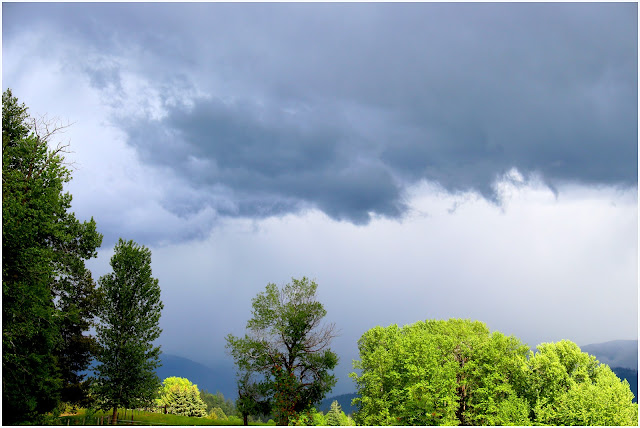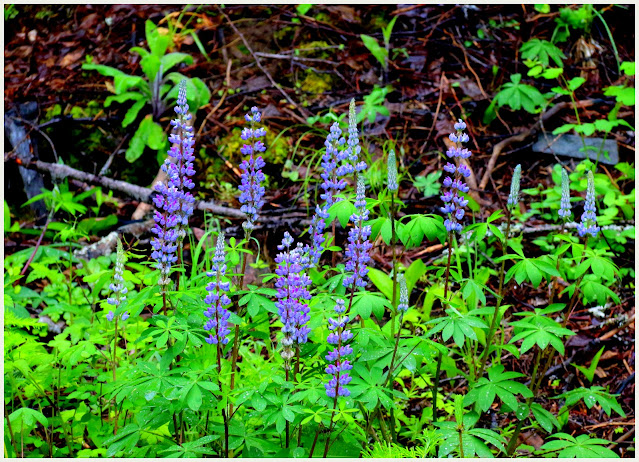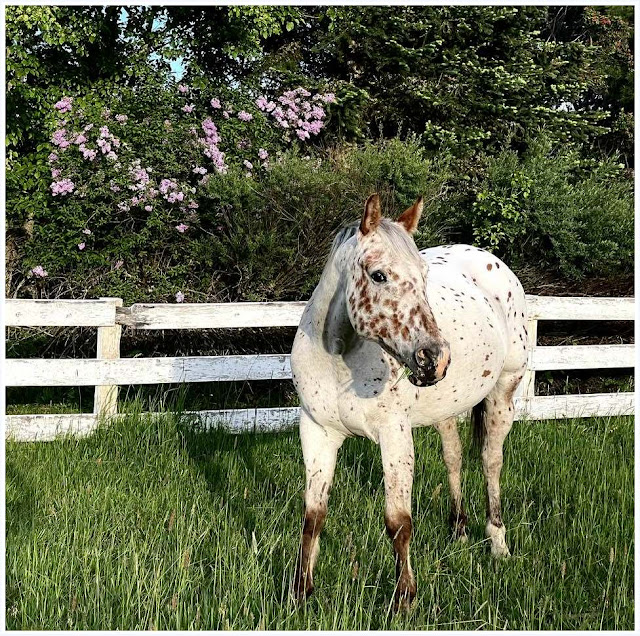for The River Journal
by Marianne Love
October, 2004
If you have moved to this area recently, welcome!
You have resettled in what many of us longtime locals refer to as “God’s Country.”
Our Eden has been and continues to be discovered, thanks to a recent series of glowing vignettes featured in the national media. This favorable publicity and its certain consequences, however, create a bittersweet pill for many of us to digest.
We feel validated, seeing that the outside world is finally learning what we’ve known all along. This is a truly special place, not only because of its breath-taking grandeur but also thanks to the collective beauty that continually pours forth from the souls of the diverse people who live here.
Residents in this community have passionate spirits, no matter the cause. Our population is made up of a generally folksy, caring, colorful and opinionated lot.
We all feel lucky to live here---even those of us who were born here and who have gone about our busy but fulfilling lives in this small geographical setting surrounded by the Selkirks, the Cabinets and the shores of Lake Pend Oreille.
We locals love this place, and we’re earnestly hoping to retain its desirable qualities. Yes, we’re tolerating the population influx, but we also want to send a strong proactive message to all newcomers who have purchased their little plot of Heaven here in Sandpoint and the surrounding communities.
Help us preserve the beauty of land and spirit. Remind yourself every single day when you awaken in your new existence what attracted you to this area in the first place. And, please do your best to contribute in a way that those qualities remain intact and sacred.
Recently, I sent a couple of community-oriented questions to several longtime and to some relatively new residents. My respondents included business owners, politicians, and professionals, and retirees. I found interesting results.
Most striking was the resounding chorus of nearly identical sentiments contributed by respondents who had no idea of the identity of other participants.
I asked about negative trends--directly related to the recent population influx. Answers included traffic congestion, lack of downtown parking, “two-story ‘shotgun’ houses being jammed in everywhere,” over-burdened utilities, subdivision of rural property, too many mega-store/superstores negatively affecting local businesses, and a general unfamiliarity with the people you meet on the street.
Other observations included occasional rudeness aimed at overwhelmed store clerks when customers think the service is not speedy enough, a “road rage” mentality among many motorists who drive too fast for existing conditions, and, as one respondent stated, “impatience” in general, regrettably including herself among the lot.
“The pace of our laid-back lifestyle seems to have picked up, or maybe it’s just mine,” concurred Lake Pend Oreille School District #84 superintendent Mark Berryhill. “People seem much busier with less time for casual social interaction.
"I can remember when kids and families went fishing, hiking, hunting, boating, skiing, etc. together. . . ," he adds. "I see kids watching TV and playing computer games more often than enjoying our environment.”
For my survey, respondents also offered suggestions for maintaining the desirability of our unique Sandpoint culture. Rev. Dr. Nancy Copeland-Payton (Presbyterian Church) has lived here less than a decade but has developed a quick appreciation and respect for the lifestyle.
“Believe that you are in a safe, caring, somewhat wacky but full-of-gentle-humor-type place,” she wrote. “Smile and greet folks on the street, let patience and thoughtful ways be a part of your daily encounters—particularly while waiting for anything. Go out of your way to help others. It’s okay. This is Sandpoint.”
In a slightly different vein, longtime resident/consultant Steve Klatt echoed comments of numerous respondents.
“Spend 12 months here before you offer a single suggestion about what would make this a better community,” he suggested, “and then get involved in something within the community directly related to the specific area you think should improve.”
Meanwhile, Connie Lloyd hopes new residents will take time to appreciate the area’s small-town flavor.
“This isn’t a city,” she says. “It’s a community, a small town, so please treat it as one. When we are talking to friends or neighbors in a store, please don’t run us over with your cart and get mad just because we’re taking time to visit.”
Clark Fork librarian Diane Newcomer hardly lives up to her name. She’s been around a long time, and she wants the real newcomers to be reminded that “we may not be amenable to ‘This is the way we did it in . . . .’”
California native and Sandpoint Charter School director of operations Pixie Vasquez agrees.
“. . . I am a transplant from the ‘C’ state and came here because of what Sandpoint was and not because I wanted it to be different,” she recalled. “If you want to be part of Sandpoint, you need to talk to the people who have lived here, listen to their stories and learn about the town and its history.”
Other suggestions included such simple gestures as offering friendly waves along the roadways, respecting the land, the wild animals, dealing sensibly with occasional frustrations that evolve from one’s decision to move into a wilderness environment, and, as Elmira’s Jenny Meyer wrote, “. . . remembering we’re all neighbors here.”
Whether newcomers or natives, if we’re going to continue to enjoy living here, we all share an essential, ongoing responsibility to protect the resources and the friendly, relaxed, and giving spirit that has drawn us to this area. As the population grows, that challenge naturally increases.
Historically, however, North Idaho residents have rolled up their sleeves with grit, compassion, ingenuity and a strong sense of community to overcome most major setbacks.
Those same qualities, combined with a collective daily determination to
follow the simple suggestions above, can help us nurture and preserve the
overall bond that inspires our undying passion for where we’ve chosen to
live.



















No comments:
Post a Comment